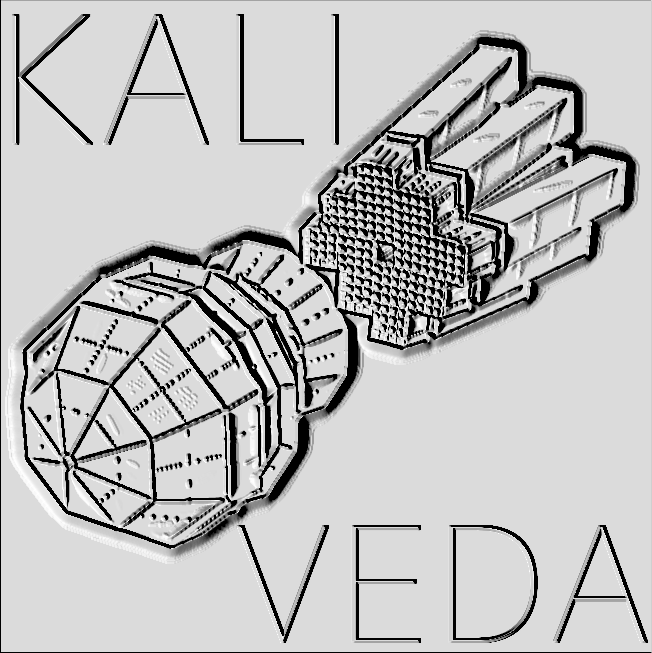20 #ifndef KVASMultiDetArray_H
21 #define KVASMultiDetArray_H
23 #include "KVMultiDetArray.h"
#define ClassDef(name, id)
Group in axially-symmetric array (obsolete)
Base class for azimuthally-symmetric multidetector arrays (obsolete)
virtual KVNameValueList * DetectParticle(KVNucleus *part)
virtual void set_up_telescope(KVDetector *de, KVDetector *e, KVIDTelescope *idt, TCollection *l)
Set up detectors in de-e identification telescope and add to idtels.
virtual void MergeGroups(KVASGroup *kg1, KVASGroup *kg2)
KVRing * GetRing(const Char_t *layer, const Char_t *ring_name) const
find named ring in named layer
virtual void set_up_single_stage_telescope(KVDetector *det, KVIDTelescope *idt, TCollection *l)
Set up detector in single-stage identification telescope and add to idtels.
virtual Double_t GetTotalSolidAngle(void) const
virtual ~ KVASMultiDetArray()
KVNameValueList * DetectParticle_KV(KVNucleus *part)
KVTelescope * GetTelescope(const Char_t *name) const
Return pointer to telescope in array with name given by "name".
KVLayer * GetLayer(const Char_t *name) const
void MakeListOfDetectors()
virtual Double_t GetSolidAngleByLayerAndRing(const Char_t *layer, UInt_t ring_number)
void SetGroups(KVLayer *, KVLayer *)
Update the list of groups in the detector array by comparing all telescopes in two layers.
void UpdateGroupsInRings(KVRing *r1, KVRing *r2)
Calculate groups by comparing two rings in different layers.
virtual void AddToGroups(KVTelescope *kt1, KVTelescope *kt2)
void AnalyseGroupAndReconstructEvent(KVReconstructedEvent *event, KVGroup *grp)
void AnalyseTelescopes(KVReconstructedEvent *event, TList *kvtl)
UInt_t fGr
used to number groups
KVLayer * GetLayer(Int_t num) const
virtual KVGroup * GetGroupWithAngles(Float_t theta, Float_t phi)
return pointer to group in array according to given polar coordinates
virtual Double_t GetSolidAngleByLayer(const Char_t *layer)
void GetIDTelescopesForGroup(KVGroup *grp, TCollection *tel_list)
UInt_t fCurrentLayerNumber
used to number layers
TList * GetTelescopes(Float_t theta, Float_t phi)
void CalculateGroupsFromGeometry()
Base class for detector geometry description.
const KVSeqCollection * GetStructures() const
KVGeoStrucElement * GetStructure(const Char_t *name) const
Group of detectors which can be treated independently of all others in array.
Base class for all detectors or associations of detectors in array which can identify charged particl...
Set of detectors at a similar distance from target (obsolete)
Base class for describing the geometry of a detector array.
Bool_t IsROOTGeometry() const
KVNameValueList * DetectParticle_TGEO(KVNucleus *part)
Handles lists of named parameters with different types, a list of KVNamedParameter objects.
Description of properties and kinematics of atomic nuclei.
Event containing KVReconstructedNucleus nuclei reconstructed from hits in detectors.
Ring in INDRA array (obsolete)
Double_t GetSolidAngle(void) const
Associates two detectors placed one behind the other.

